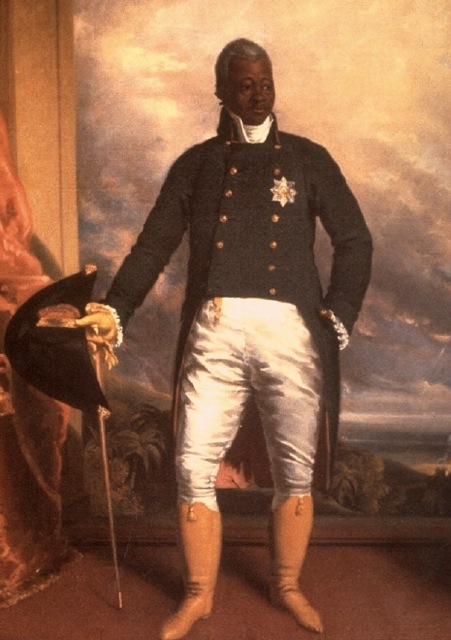Jan
10
Leyendas de Guatemala
Posted by: | January 10, 2010 | Comments Off on Leyendas de Guatemala
Our first reading was as tough to read as it was long. Asturias has a talent for fantastical imagery that takes the reader on a roller coaster ride through jungles and forests brimming with life, across paisajes of immaculate beauty, and weaves harrowing tales of both mortals and the divine, the real and the surreal. While one cannot deny the creative ingenuity of the obra, the complexity of each sentence often leaves the reader stranded and perplexed. As would reading similar prose in one’s native language, a student of Spanish is left dumbfounded, struggling for grip of the works’ direction, aim and purpose. Maybe the author’s advancement of surrealism and of creative prose are worth praise from critics, though as a fan of minimalism and beauty in simplicity, straightforward prose, as opposed to the elaborate, fantastic, and the surreal. I couldnt help marveling at the similes, metaphors and imagery, though also couldn’t help wishing he would jusI think that our ability to imagine, to create magical lands, culture and fictional people and creatures sets us apart from anything else on this planet, and I confess that I lack said imaginative brain processes that would enable me to (re)create such rich environments as Asturias does, but I can’t help question why its important? What is the point? What does it add to the obra?
I will attempt to answer my own questions: What Asturias succeeds at is similar to what James Cameron recently achieved in Avatar: immersing the audience in an imaginary environment. As does Cameron’s use of 3D optics provide the viewer a sense of involvement and presence, within an alien world. When critiquing the obra it is important to understand that his aim and the purpose of the obra no es para moralizar, sino llevarnos en una adventura surreal por un mundo complejo y llena de cosas, animales y colores vibrantes y fantasticas. Simple sentence structure and a minimalist approach wouldn’t achieve the sense of involvement in one’s surroundings, and may fail in producing a convincing glimpse into a magical and fantastic world. The dreary and hopeless post-apolcalypse world that Cormac McCarthy creates in The Road, similarly wouldn’t achieve the author’s aim of immersing the reader in a new world without such complex prose and imagery (though the world which McCarthy paints is no mystical or magical land, but a gray, bleak, wretched world in which the coming of death is what one awaits in fear, though secretly longs for.) Finally, this work is important because it extends our anthropological understanding of an ancient and mystical world by enrapturing the audience in a storytelling of truly epic proportions, mientras mezclando lo antiguo con lo moderno en prosa de realismo magical incomparable. In sum, however, I’m a stubborn bastard and a sucker for works of meticulous simplicity, such as that of Hemingway, and may be sh*t-out-of-luck in a class where the main focus is magical realism.
ps. I think I speak for most of the class when saying, holy sh*t that was a lot to read for the first weekend.

